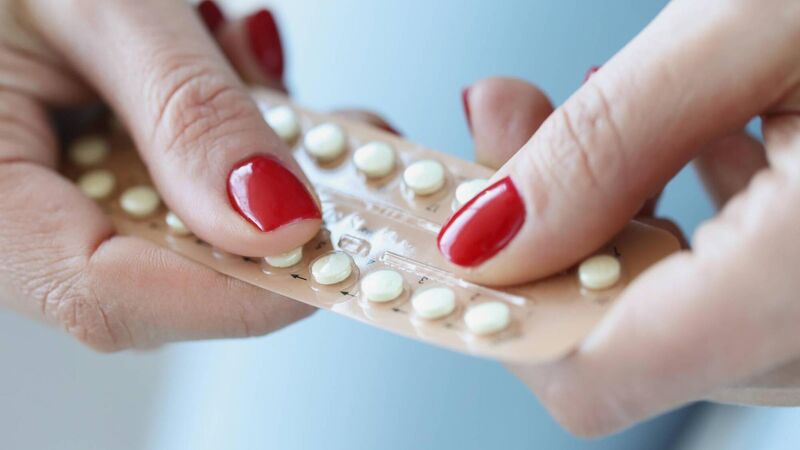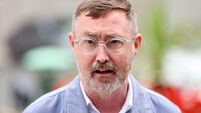Free contraception to be extended as part of Women's Health Action Plan

Women up to the age of 35 can avail of free contraception.
Free contraception is set to be extended to include women up to the age of 35 as part of €11m in funding allocated to the development of women's health services.
It brings the total sum of additional funding allocated to women’s health since 2020 to over €140m.
It also marks the third development in the Free Contraception Scheme since it was first introduced in 2022 for women aged 17 to 25. Since then, it has been extended to include all women aged 17 to 31 inclusive, from January 1.
The proposed expansion of termination of pregnancy services and continued implementation of period poverty measures are also included in the second phase of the Women’s Health Action Plan 2024-2025.
The plan aims to build on the development of women’s health services provided over the past two years and further evolution of new services.
It also incorporates the introduction of five regional endometriosis hubs, which are currently offering an initial level of service. The hubs, based in the Rotunda, Coombe, National Maternity Hospital, Limerick, and Galway, will expand their services after recruitment has ceased.
Other developments include a focus on women at midlife and older — “living well and living longer”; expansion of screening services, particularly Diabetic RetinaScreening and BreastCheck initatives,; and an evidence base for women’s health will increase through commissioned research and evidence reviews.
Health Minister Stephen Donnelly, said the investment in women’s health has “dramatically altered” the landscape of health services for women.
“Every week, I meet with people whose healthcare experience has been transformed by initiatives such as the Free Contraception Scheme, our network of services for fertility, menopause, endometriosis, and our see-and-treat gynaecology clinics around the country,” he said.
The effectiveness of these initiatives is evident in the “increased demand” in certain areas, leading to a focus on expanding capacity and improved delivery across the new HSE health regions.
This will ensure that every woman can access timely, quality healthcare, Mr Donnelly added.
“We’re also continuing the evolution with a number of new initiatives, including the development of the first public Assisted Human Reproduction treatment centre, the development of a Cervical Cancer Elimination Action Plan and a focus on initiatives aimed at helping women in midlife and older to live better and longer,” he said.
Mr Donnelly said the Women’s Health Taskforce is the “driving force” behind the revolution and now evolution in women’s healthcare.
Minister for Mental Health and Older People Mary Butler, discussed the impact of gender on a person’s mental health needs and service requirements, highlighting the need for the Women’s Health Action Plan.
The first plan initiated the set up of 11 Specialist Eating Disorder Teams, six multidisciplinary teams in perinatal mental health services, and perinatal midwife posts across 13 sites.
“Work is currently underway to ensure that a Women’s Mental Health Charter is embedded in order to strengthen gender awareness, and ensure that women experience an inclusive, supportive, and effective mental health service that meets their needs,” Ms Butler added.





